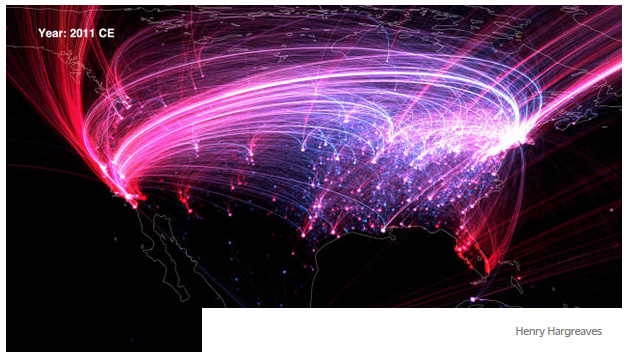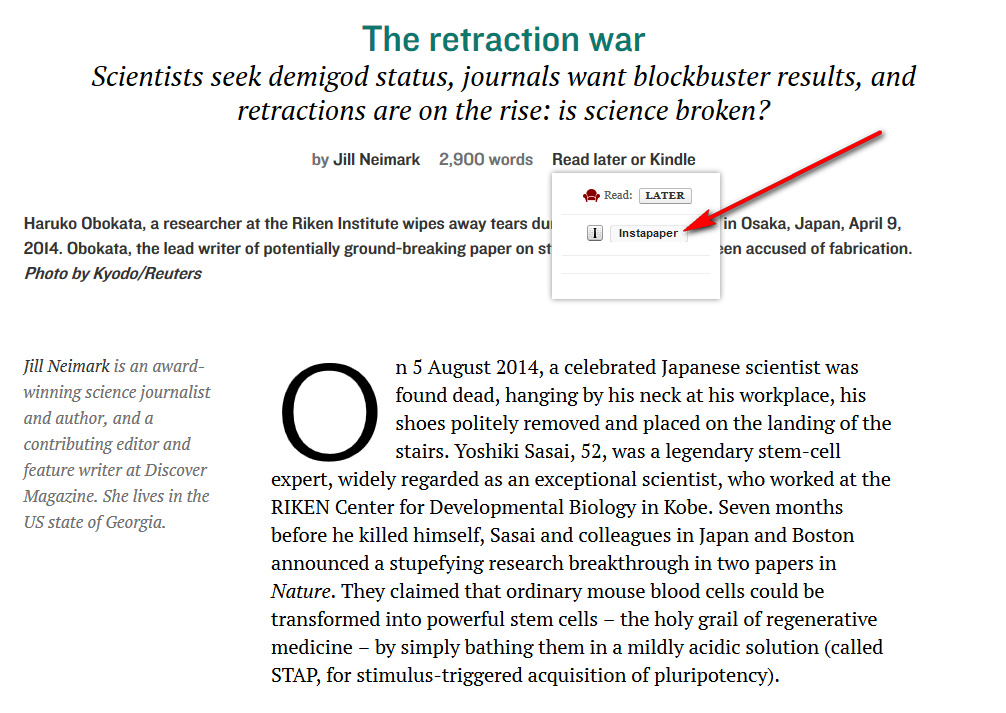The new book-length Humanities World Report 2015 is now available for download in Kindle or PDF…
“The first of its kind, this ‘Report’ gives an overview of the humanities worldwide. Published as an Open Access title and based on an extensive literature review and enlightening interviews conducted with 90 humanities scholars across 40 countries, the book offers a first step in attempting to assess the state of the humanities globally.”

Some nicely pithy comments from interviewees throughout, drawn from interviews undertaken since 2011. But, rather oddly, a quick search of the body of the book for the phrase “open access” reveals not a single mention.
I had some fun boiling the report’s recommendations down to:
* Truth | [attempt to] reinstate confidence in the humanities as truth finding disciplines [and convey that] we do generate answers, as well as questions.
* Experience | position the humanities as the guardian of human diversity, [a] unique repository of knowledge and insight into the rich diversity of the human experience, past and present.
* Impact | [encourage] support systems for effective[ly and meaningfully conveying one’s work to wider audiences than just peers and students. Add] incentives to encourage more academics to engage in [this].
* Digital bridges | digital humanities experts [should] start the process of bridge-building [with those who either fear or don’t see the potential of digital humanities]. [We should also gently push supervisors for better] training [of] the next generation of humanists [enabling them to] exploit the potential of digital technologies and methods.
* Interdisciplinary (when it works) | not all research requires [a strong] quest for interdisciplinarity [and so it] should not be treated as an end in itself [by funders]. [We should be more aware of the contexts where] interdisciplinary [research] does have considerable [demonstrable] value [and learn how to break down] significant institutional barriers [to unlock that value]. [University] promotion criteria should be reformed so as to give due weight to interdisciplinary research [thus making it less] risky in terms of publication and career advancement.
* Integrity | increased scrutiny of [large funding programmes] to see how well they maintain academic freedom alongside [their role in government] decision-making [and validation of completed government schemes].
* Exploration | humanists should not typically be expected to answer the [“what use is this apparently useless research?”] question.
* Nomadics | there is a crying need for experiment over and above the traditional university and its disciplinary divides.
* Expeditions | [we need major new long-term] integrative platforms as spaces for networking, capacity building and preparation of research on questions [which aid the] understanding [of] the human condition. [These would go far beyond the existing traditional advanced] centres and institutes, visiting fellowships and stakeholder interaction [initiatives]. They might identify [what we don’t know] and what we might know [if the funding and will and focus were enough to] lower the barriers between the human, the social and the natural sciences, [and if researchers were allowed to pay no] regard to national priorities.
On that last point, the 10,000-year perspective and vigourous autonomy of The Long Now Foundation springs immediately to mind. They are, effectively, an expedition to the future.
On both the Impact and “what use is this apparently useless research?” points, I would have suggested a role for a new type of naturally inquisitive ‘curator and explicator’. Someone able to naturally pick up and draw out such tenuous or obscured connections, and from across a wide range of disparate research. Such a unique matchmaking/publicist role would rise far above the low orbit of a university’s PR department, or the middle manager who routinely bundles researchers into funding-worthy projects. Such a role would need a rare combination of curious journalist, art curator, brilliant academic, political operator and publicist.








